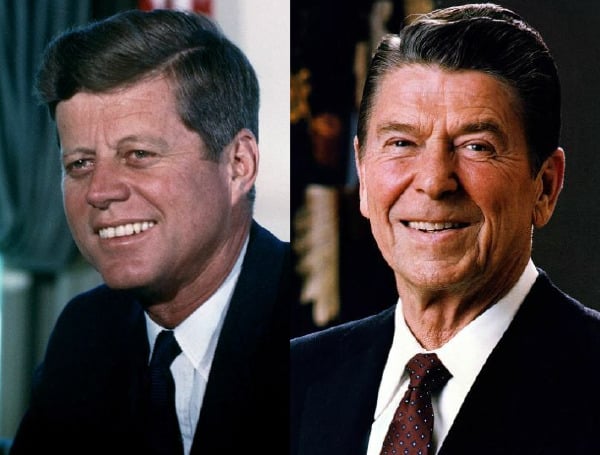Op-Ed By Thomas R. Cuba, Ph.D.
During the past two decades, I’ve come to consciously recognize something I’ve really known all along. I just never put a name on it. As a consulting ecologist and as a government environmental agent, I was always shocked when a colleague or supervising political appointee remarked, “That ain’t gonna happen.”
Other phrases in the category include, “Be realistic,” and “That’s just not practical.” It didn’t matter if the proposal had merit or not. Being impractical meant that the outcome wasn’t worth the effort.
My emotional response was the same as when I was in college. There’s a phrase commonly used by Texans to rebut a comment that their intended project was impossible. Somewhat akin to “Hold my beer,” the Texan would set his jaw and say, “You go hide and watch.”
In the past few years, when I’ve been faced with these opinions on practicality, my response to “That ain’t gonna happen,” has been, “Not with that attitude.”
Mull this over a bit. If President Kennedy had not been an idealist, it’s a good bet that going to the moon in ten years would have been labeled as unrealistic, and certainly not a practical goal to set.
His idealism, that of the United States being the best and most creative nation on earth, coupled with the determination embedded in the ‘hide and watch’ attitude, catapulted America to success in the space race.
These differences in reactions to current events have arisen recently at some of the local watering holes I tend to frequent. The idealist is dead-set on repairing the Constitutional foundation of Freedom, while the pragmatist resents the situation, but accepts it as being “not that bad,” and “not worth creating a fuss about.”
Virtually everyone who has studied it knows that Barry Goldwater was correct when he wrote that “the Federal Department of Education is unconstitutional,” even if it hasn’t been declared so by the Supreme Court; and so the Department of Education persists.
Even Ronald Reagan knew it, and campaigned on the position, but, in a fit of practicality, once elected he elevated it to a Cabinet position instead of seeking its elimination.
In the subtle tussle between idealism and pragmatism, the idealist sees a future America worth pursuing; one which would restore the protections against oligarchy that have been removed or circumvented over the past hundred years or so.
The pragmatist is willing accept the new construct of massive powers aggregated into the hands of “the few,” never seeing the deconstruction that has been occurring since 1913.
Support journalism by clicking here to our GoFundMe or sign up for our free newsletter by clicking here
Android Users, Click Here To Download The Free Press App And Never Miss A Story. It’s Free And Coming To Apple Users Soon
About The Author: Thomas R. Cuba, Ph.D.
Raised a simple Missouri farm boy, Tom managed to attend a British Prep School before commencing a college career that would culminate in a Doctorate Degree in Marine Ecology. He also served as an Intelligence Officer in the U.S. Navy, and as a scoutmaster, SCUBA instructor, Wilderness Survival Instructor, and Firearms Instructor.
Tom has worked as an ecologist in both government and private practice, as well as a freelance nature photographer and computer programmer.
Now, a father and grandfather, Tom offers life lessons in the form of stories about the challenges people face and conquer as well as socio-political essays. To that end, his first lesson is always his favorite quote. “Failure is the whetstone of success.” ~ T. Leith Rettie, 1884.
You can read more from Tom on his site by clicking here
